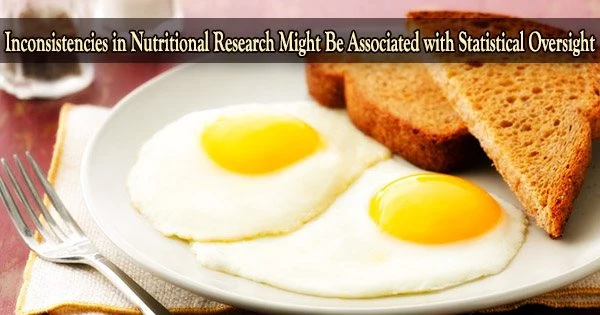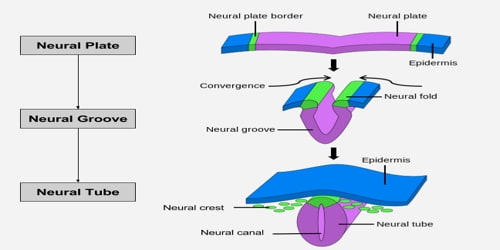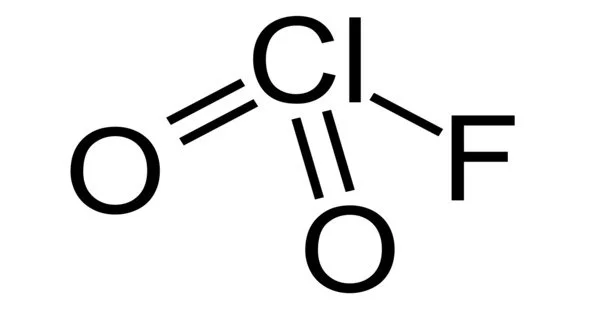People frequently ponder why, for example, one nutritional study warns against eating too many eggs while another says the exact opposite. An article that was just published in the American Journal of Clinical Nutrition suggests that the use of statistics may hold the key to resolving this and other contradictory food studies.
Researchers at The Alan Turing Institute and the University of Leeds are in charge of the study. The usual and most popular statistical approach to analyzing the association between diet and health can produce misleading and meaningless results, according to the National Institute for Data Science and Artificial Intelligence.
Lead author Georgia Tomova, a PhD researcher in the University of Leeds’ Institute for Data Analytics and The Alan Turing Institute, said:
“These findings are relevant to everything we think we know about the effect of food on health. It is well known that different nutritional studies tend to find different results. One week a food is apparently harmful and the next week it is apparently good for you.”
The researchers discovered that the common practice of statistically controlling, or adjusting for, a person’s overall calorie consumption can cause significant changes in how the results are interpreted.
Different studies can provide different estimates for a range of reasons but we think that this one statistical issue may explain a lot of the disagreement. Fortunately, this can be easily avoided in the future.
Dr. Peter Tennant
When additional foods are taken into account, the results can become even more skewed, making a bad item appear good or vice versa.
Ms Tomova added: “Because of the big differences between individual studies, we tend to rely on review articles to provide an average estimate of whether, and to what extent, a particular food causes a particular health condition.”
“Unfortunately, because most studies have different approaches to controlling for the rest of the diet, it is likely that each study is estimating a very different quantity, making the ‘average’ rather meaningless.”
The research, which was funded by The Alan Turing Institute, identified the problem by using new ‘causal inference’ methods, which were popularized by Judea Pearl, the author of “The Book of Why.”
Senior author Dr. Peter Tennant, Associate Professor of Health Data Science in Leeds’ School of Medicine explained: “When you cannot run an experiment, it is very difficult to determine whether, and to what extent, something causes something else.”
“That is why people say, ‘correlation does not equal causation.’ These new ‘causal inference’ methods promise to help us to identify causal effects from correlations, but in doing so they have also highlighted quite a few areas which we did not fully understand.”
The authors hope that this new research will help nutritional scientists to better understand the issues with inappropriately controlling for total energy intake and overall diet and gain a clearer understanding of the effects of the diet on health.
Dr. Tennant added: “Different studies can provide different estimates for a range of reasons but we think that this one statistical issue may explain a lot of the disagreement. Fortunately, this can be easily avoided in the future.”
















